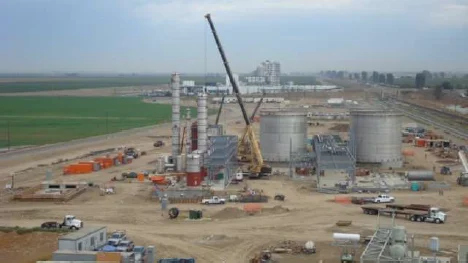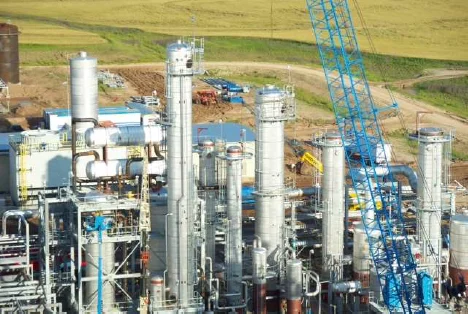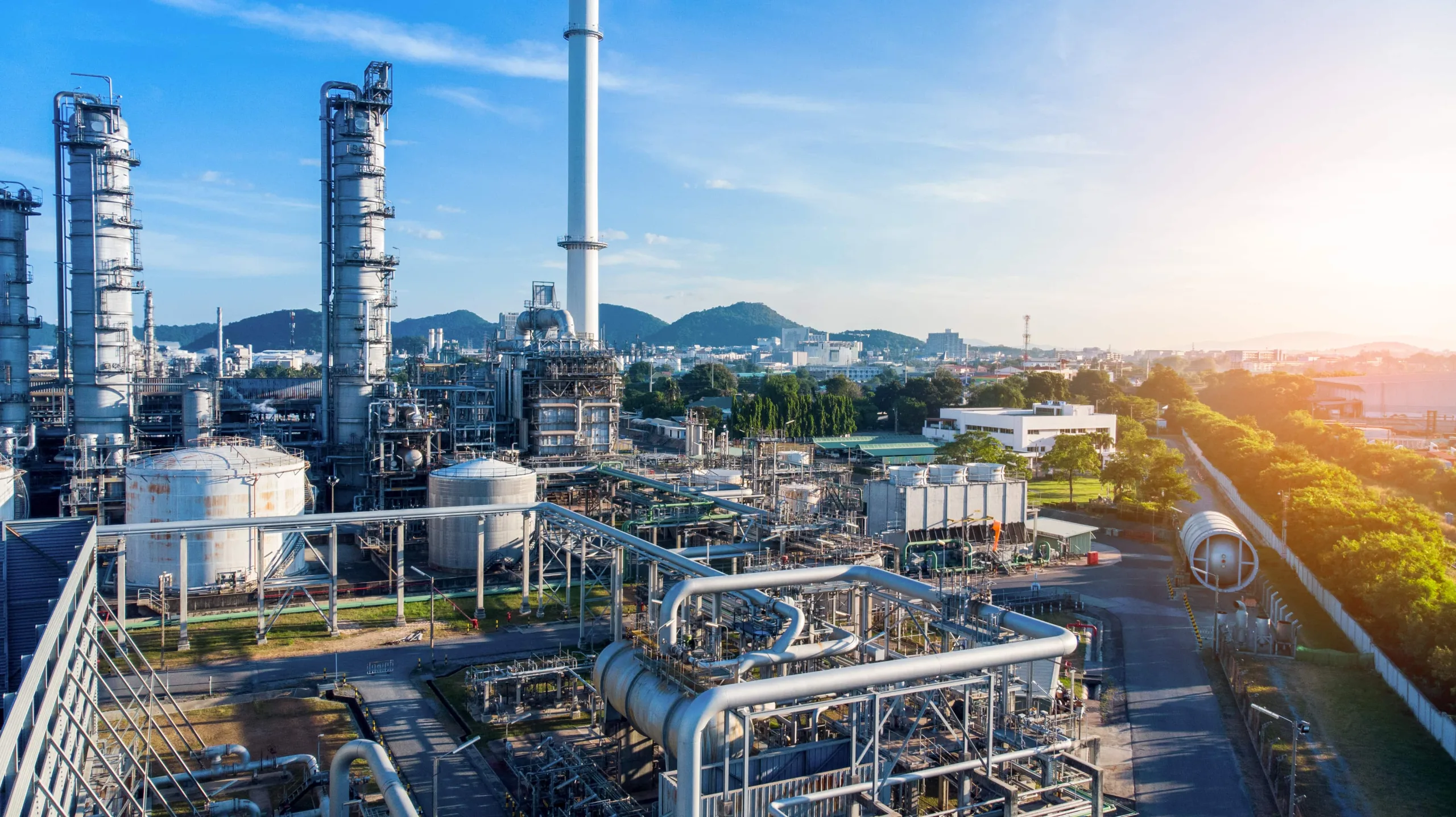RCM Technologies, Inc. (NasdaqGM: RCMT), a premier provider of business and technology solutions designed to enhance and maximize the operational performance of its customers through the adaptation and deployment of advanced engineering, specialty health care, and information technology services, today provided an update on its recently obtained projects to assist its clients in producing higher grades of ethanol for use in beverage and hygienic applications such as sanitizer-grade ethanol. The recent projects include both USP Grade (US Pharmacopeia) and GNS Grade (Grain Neutral Spirits).
As industry scrambles to retool and pivot to assist in the fight against Covid-19, demand for sanitizers has surged dramatically, and the area is expected to see continued growth. According to research published by Fior Markets, the global hand sanitizer market is expected to grow from $1.2 billion in 2019 to $2.1 billion by 2027, at a CAGR of 7.5% during the forecast period 2019-2027.
This anticipated growth has led manufacturers to lean on professional service firms and equipment suppliers to assist them in their new strategy and enable them to deliver swift results. Thermal Kinetics, a division of RCM Technologies (USA), Inc., has been contracted by Al-Corn Clean Fuels to expand its existing Fuel Ethanol facility to produce 20,000,000 gallons per year of USP Grade Ethanol to meet the growing need for the sanitizer market.
“The Thermal Kinetics team installed the original plant and it was important for us to maintain that continuity. Additionally, Thermal Kinetics’ process design allowed us to leverage energy integration from the installed systems to the new production line,” said Thomas Harwood, COO of Al-Corn.
Thermal Kinetics is executing additional projects related to the growing demand for sanitizer-grade ethanol. Thermal Kinetics has been contracted by several other customers during the second and third quarters of 2020 to provide detailed design engineering to expand the production of sanitizergrade ethanol to their existing client bases in the North American market. In addition to Al-Corn, the list of projects includes equipment supply to a second customer. Both equipment supply contracts are slated for commencement during the first quarter of 2021. Three other facilities have contracted Thermal Kinetics to supply a detailed upfront engineering package prior to equipment purchase. This second group of plants should be operational in the third and fourth quarter of 2021 with Thermal Kinetics anticipating that it will provide the main equipment and engineering support.
“The demand for higher grade ethanol has outgrown product availability due to the current Covid19 pandemic,” stated Chris Brown, Founder and President of Thermal Kinetics. “Traditional cornbased ethanol plants require a range of $5 – $10 million in additional equipment to convert fuelgrade ethanol to USP- or GNS-grade ethanol suitable for sanitizers. Thermal Kinetics is well suited for these projects. Our standard ethanol process offers the best steam economy available. We have used similar design engineering principles to ensure the USP- and GNS-grade upgrades offer the
most efficient design with respect to energy usage and plant economics. Of particular importance is technology to recover 80% of the energy required from the base fuel ethanol plant. This assures that existing plant infrastructure such as boiler and cooling capacity remain unaffected.”
RCM completed the acquisition of Thermal Kinetics in November 2018. “The addition of Thermal Kinetics to RCM Technologies has broadened our reach. The Thermal Kinetics engineering group offers value-add solutions that are best in class and adds the equipment supply element to the scope of our projects which we previously did not have,” explains RCM Engineering Services President Frank Petraglia. “It is exciting to witness the current growth and potential of the Thermal Kinetics Projects Group.”

Pictured is a 50 million gallon per year (MMGPY) fuel ethanol plant in California in early phases of construction. The site was a greenfield host to a cogeneration facility. Based on client measurements and reporting for carbon credits, this is the most energy-efficient plant in California and likely all of the US.

Pictured is the same fuel ethanol plant in California at a later stage of construction.
About RCM and Thermal Kinetics
RCM Technologies, Inc. is a premier provider of business and technology solutions designed to enhance and maximize the operational performance of its customers through the adaptation and deployment of advanced information technology and engineering services. RCM is an innovative leader in the delivery of these solutions to commercial and government sectors. RCM is also a provider of specialty healthcare services to major healthcare institutions and educational facilities.
RCM’s offices are located in major metropolitan centers throughout North America and Serbia.
Additional information can be found at www.rcmt.com.
Since 1999, Thermal Kinetics has been providing full-service process equipment supply, engineering, development, and design services. Thermal Kinetics offers advanced energy-saving solutions, patented technological integration, and sophisticated process plant development – proudly matching each of their customers’ specific needs with optimal productivity and profitability.
The Statements contained in this release that are not purely historical are forward-looking statements within the Private Securities Litigation Reform Act of 1995 and are subject to various risks, uncertainties and other factors that could cause the Company’s actual results, performance or achievements to differ materially from those expressed or implied by such forward-looking statements.
These statements often include words such as “may,” “will,” “expect,” “anticipate,” “continue,” “estimate,” “project,” “intend,” “believe,” “plan,” “seek,” “could,” “can,” “should,” “are confident” or similar expressions. In addition, statements that are not historical should also be considered forward-looking statements. These statements are based on assumptions that we have made in light of our experience in the industry, as well as our perceptions of historical trends, current conditions, expected future developments and other factors we believe are appropriate in these circumstances.
Forward-looking statements include, but are not limited to, those relating to the impact of the COVID-19 pandemic, demand for the Company’s services, including Thermal Kinetics’ services relating to sanitizer-grade ethanol projects. expectations regarding our future revenues and other financial results, our pipeline and potential project wins and our expectations for growth in our business. Such statements are based on current expectations that involve a number of
known and unknown risks, uncertainties and other factors, which may cause actual events to be materially different from those expressed or implied by such forward-looking statements.
Risk, uncertainties and other factors may emerge from time to time that could cause the Company’s actual
results to differ from those indicated by the forward-looking statements. Investors are directed to consider such risks, uncertainties and other factors described in documents filed by the Company with the Securities and Exchange Commission, including our most recent Annual Report on Form 10-K and subsequent Quarterly Reports on Form 10-Q. The Company assumes no obligation (and expressly disclaims any such obligation) to update any forward-looking statements contained in this release as a result of new information or future events or developments, except as may be required by law.
